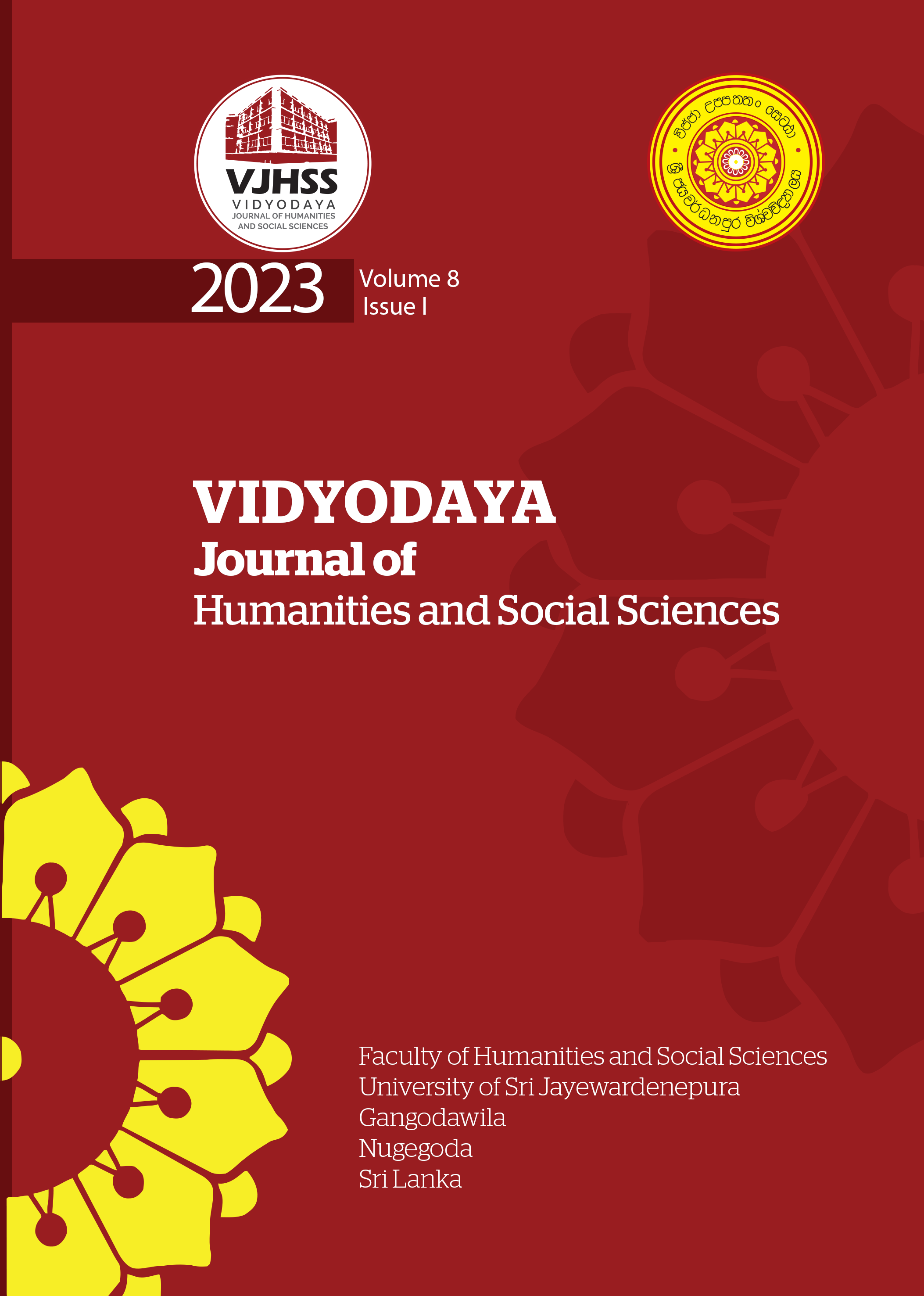Second Language Reading and Vocabulary Acquisition by Adult Learners of English
Abstract
Even though vocabulary knowledge is crucial in receiving and producing meaning in a language, improving vocabulary knowledge can be challenging for both teachers and students. Exposure to the target language through meaning-focused reading can be considered one of the predictors that can address this challenge. As language learners are exposed to written language while reading, reading may help them enrich their vocabulary knowledge. Accordingly, this study investigated whether meaning-focused reading can contribute to the development of vocabulary knowledge (Breadth and Depth) among adult learners of English as a second language (ESL). Among the students of a Sri Lankan state university, a group of undergraduate students participated in the study. Measures of reading and vocabulary knowledge were administered to 189 participants as part of the research implementation. Additionally, a questionnaire was utilized to gather data on the participants' backgrounds, including their prior exposure to the target language. In a multiple regression analysis, reading significantly contributed to both breadth and depth of vocabulary knowledge. However, it appears that reading contributes more to the breadth than to the depth of vocabulary knowledge. Thus, although meaning-focused reading can contribute to vocabulary knowledge, the contribution might vary depending on the type of vocabulary knowledge. Overall, the findings indicate that exposure to the target language through meaning-focused reading plays a significant role in enhancing vocabulary knowledge among adult ESL learners.



